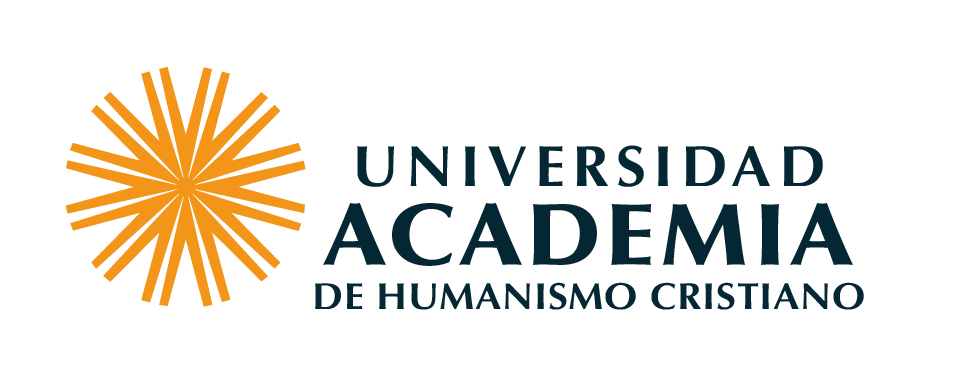Constructivist models of mind, contemporary psychoanalysis, and tehe development of culture theory.
Hollan, Douglas
Constructivist models of mind, contemporary psychoanalysis, and tehe development of culture theory. - Arlington American Antropological Association 2000
En: American Anthropologist. -- Vol. 102 No. 3 (Septiembre 2000), pp. 538-550. ISSN 00027294
Researchers in a number of fields, including contemporary psychoanalysis, are contributing to the development of a dynamic model of mind that acknowledges the contributions of biology and social experience to the construction of human consciousness and subjectivity. In this paper, I examine this emerging model of mind and I discuss its implications for the development of Culture theory. I argue that theories of culture must reflect the fluidity and complexity of the psychological states that underlie the culture process, and I suggest that even highly conventional models of action, thought, and feeling are rarely, if ever, internalized, appropriated, or reproduced without some degree of modification, refashioning, and personalization. I propose person-centered ethnography as one of the methods by which we can explore the complex relations among culture, mind, and behavior
ETNOGRAFIA
PSICOANALISIS
CULTURA--TEORIA
Constructivist models of mind, contemporary psychoanalysis, and tehe development of culture theory. - Arlington American Antropological Association 2000
En: American Anthropologist. -- Vol. 102 No. 3 (Septiembre 2000), pp. 538-550. ISSN 00027294
Researchers in a number of fields, including contemporary psychoanalysis, are contributing to the development of a dynamic model of mind that acknowledges the contributions of biology and social experience to the construction of human consciousness and subjectivity. In this paper, I examine this emerging model of mind and I discuss its implications for the development of Culture theory. I argue that theories of culture must reflect the fluidity and complexity of the psychological states that underlie the culture process, and I suggest that even highly conventional models of action, thought, and feeling are rarely, if ever, internalized, appropriated, or reproduced without some degree of modification, refashioning, and personalization. I propose person-centered ethnography as one of the methods by which we can explore the complex relations among culture, mind, and behavior
ETNOGRAFIA
PSICOANALISIS
CULTURA--TEORIA
